Description
Brahma Kamal – Epiphyllum oxypetalum – Plant (Pink)
Brahma Kamal Pink (Epiphyllum oxypetalum), also known as the Queen of the night is a species of cactus/ succulent and one of the most cultivated species in the genus. E. oxypetalum. This plant is known to bloom rarely and only at night, and its flowers wilt before dawn.
- Appearance: This plant has large, flat, and fleshy stems that can grow up to several feet long. It produces stunning, large, white flowers that are highly fragrant and bloom at night.
- Flowers: The blooms are spectacular, reaching up to 12 inches in diameter. They usually appear in late spring to early summer and emit a strong, pleasant fragrance.
Growing Conditions Brahma Kamal Pink
- Light: Prefers bright, indirect light. Direct sunlight can scorch the leaves, while too little light can inhibit blooming.
- Watering: Water thoroughly when the top inch of soil feels dry. Reduce watering in the winter months when the plant is not actively growing.
- Soil: Use a well-draining cactus or orchid mix. Ensure the pot has drainage holes to prevent root rot.
- Temperature: Thrives in temperatures between 50-90°F (10-32°C). Protect it from frost and extreme cold.
- Humidity: Prefers moderate to high humidity levels.
Care Tips:
- Pruning: Trim back any dead or damaged stems to encourage healthy growth.
- Fertilizing: Feed with a balanced, water-soluble fertilizer every 4-6 weeks during the growing season (spring and summer).
- Repotting: Repot every 2-3 years to refresh the soil and provide more space for growth.
Special Features:
- Blooming: short-lived flowers, typically lasting only one night. However, their beauty and fragrance make them highly prized among gardeners.
- Propagation: Can be propagated through stem cuttings. Allow the cut end to dry and callus before planting it in well-draining soil.
Uses:
- Ornamental: Due to its striking flowers and ease of care, Epiphyllum oxypetalum is a popular ornamental plant for homes and gardens.
- Cultural Significance: In some cultures, the blooming of this plant is considered a special event, often celebrated for its beauty and rarity.


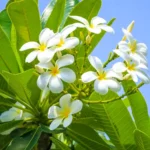
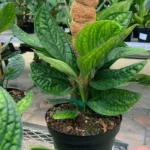
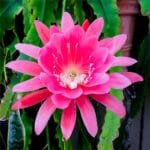
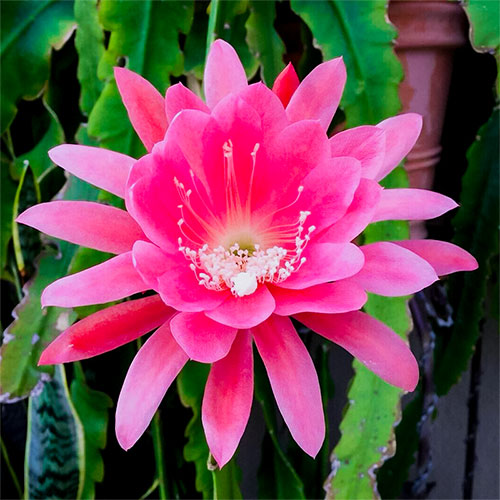
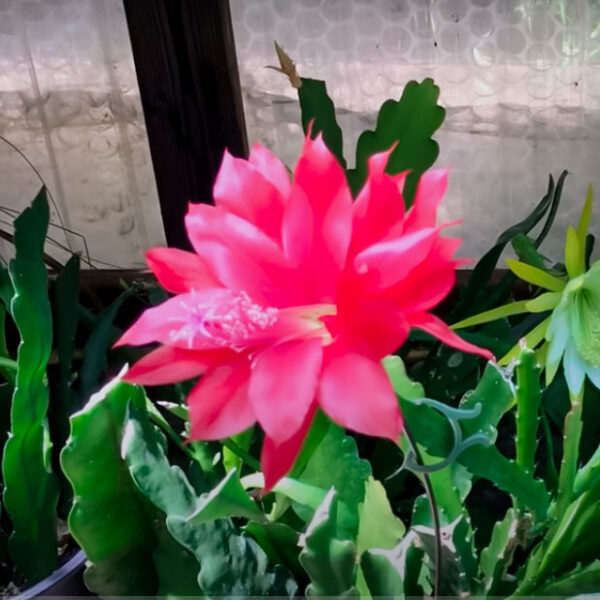
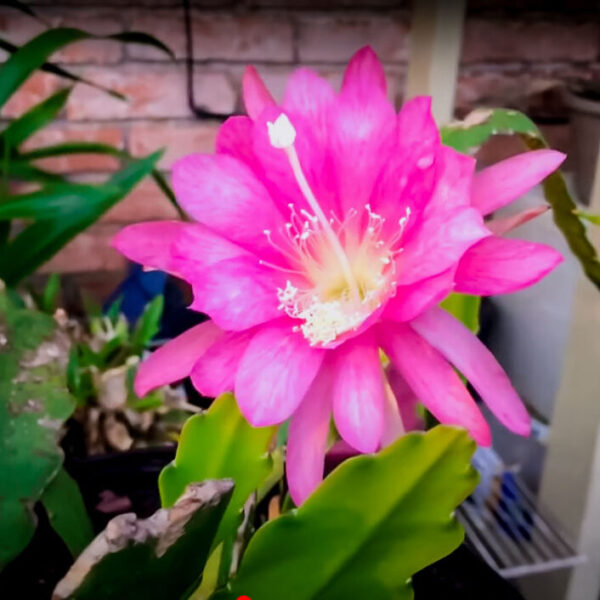
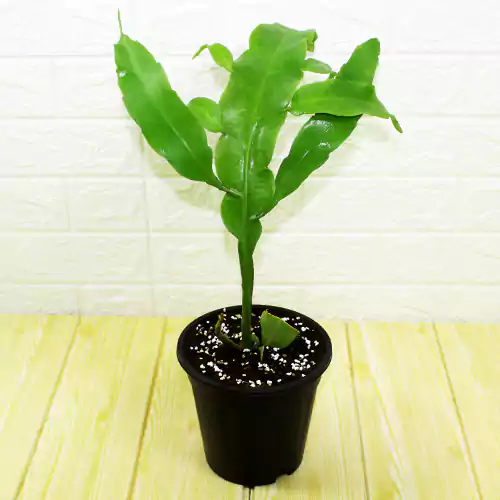
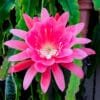
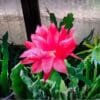
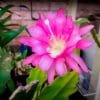


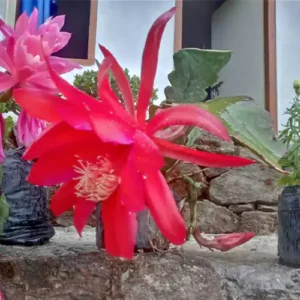
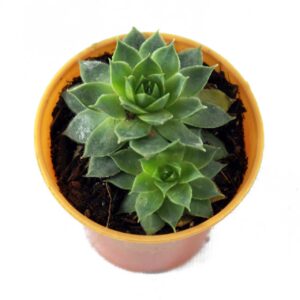

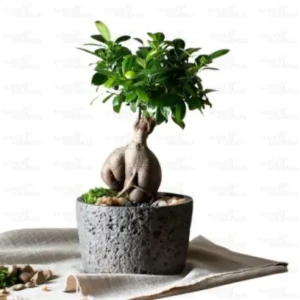


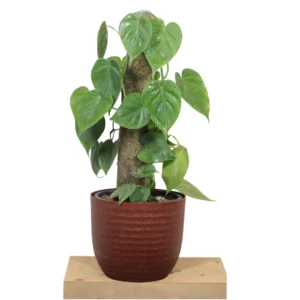
Reviews
There are no reviews yet.